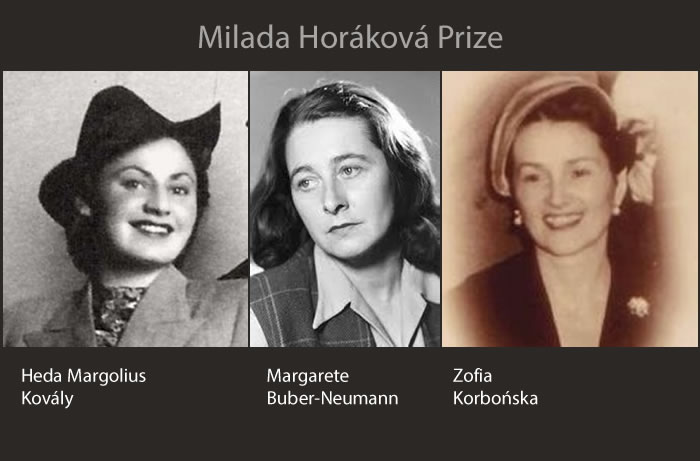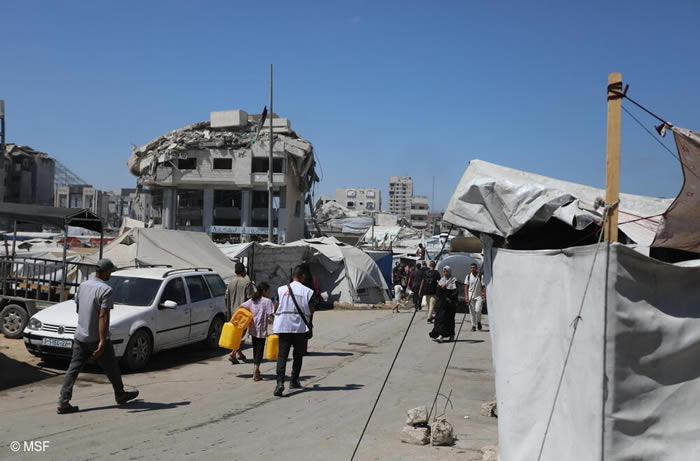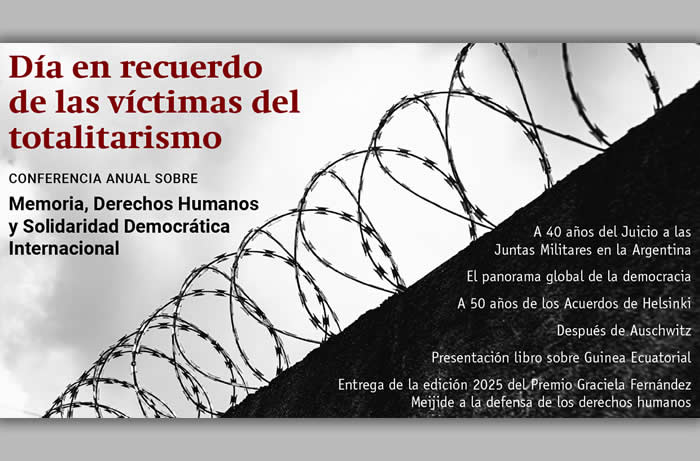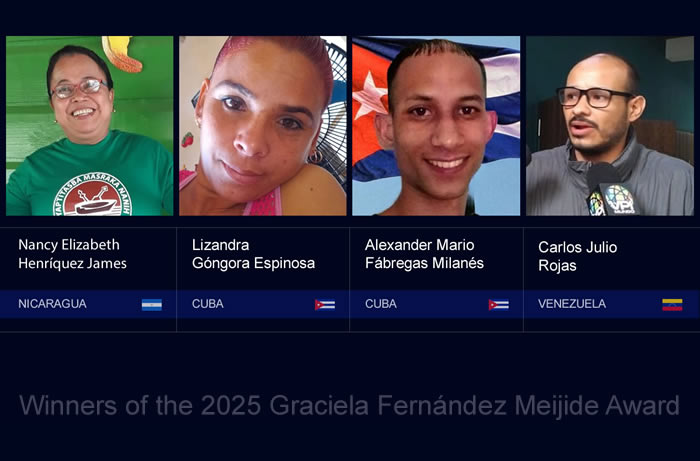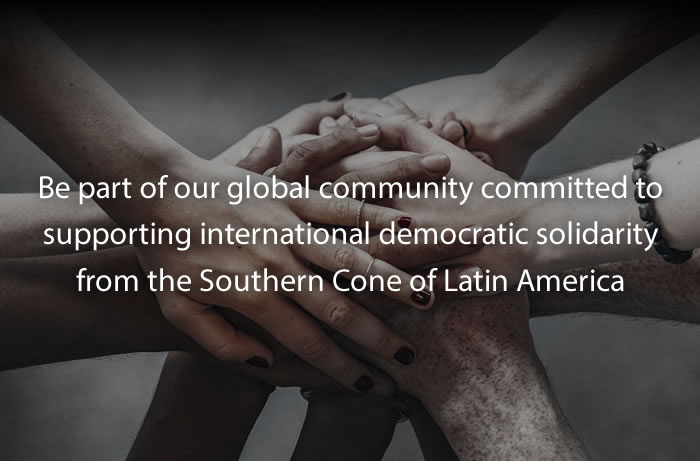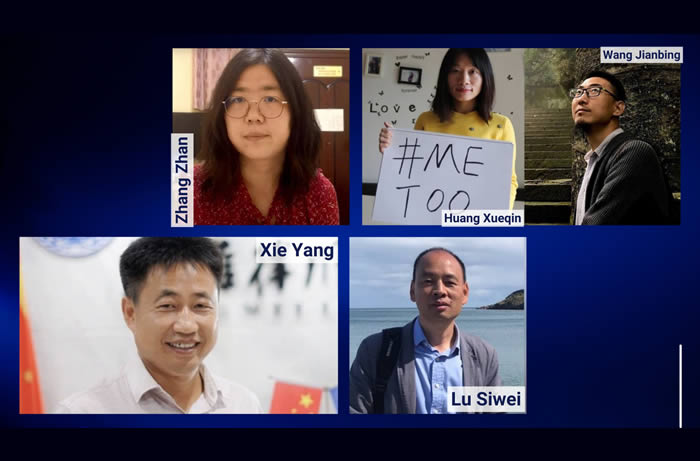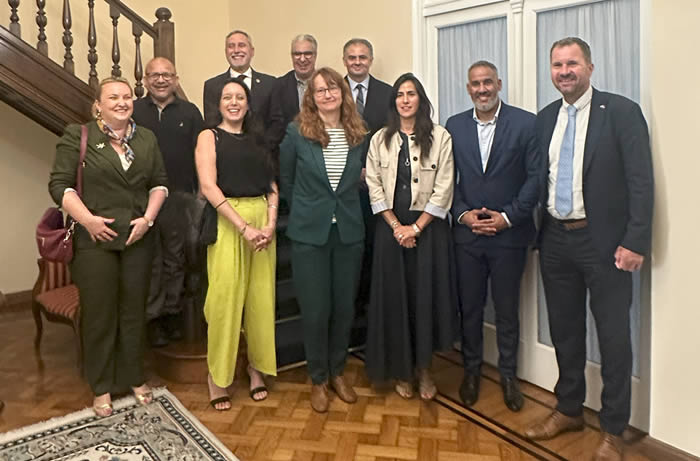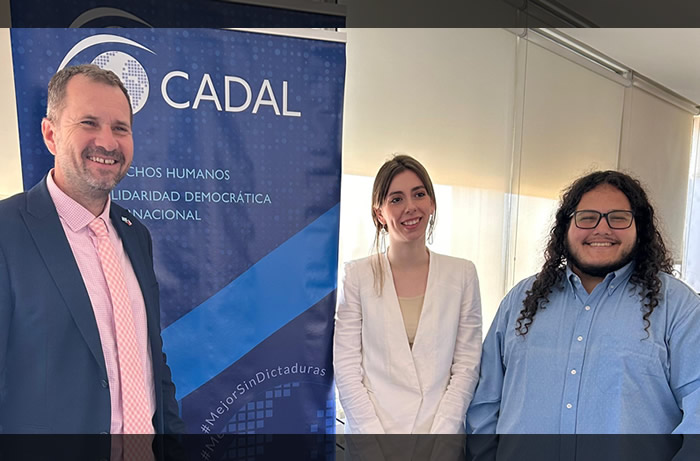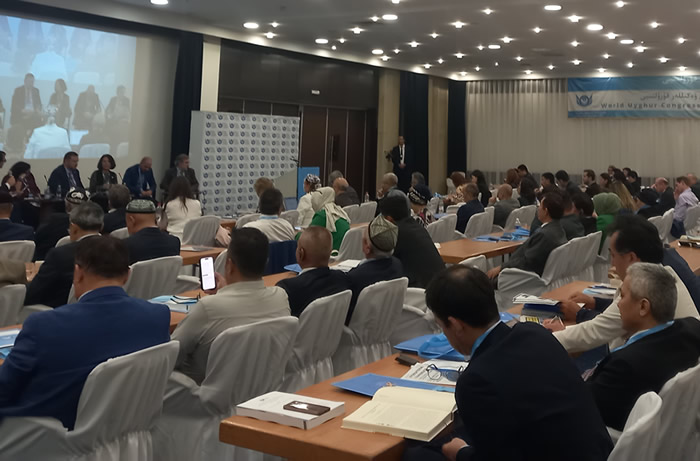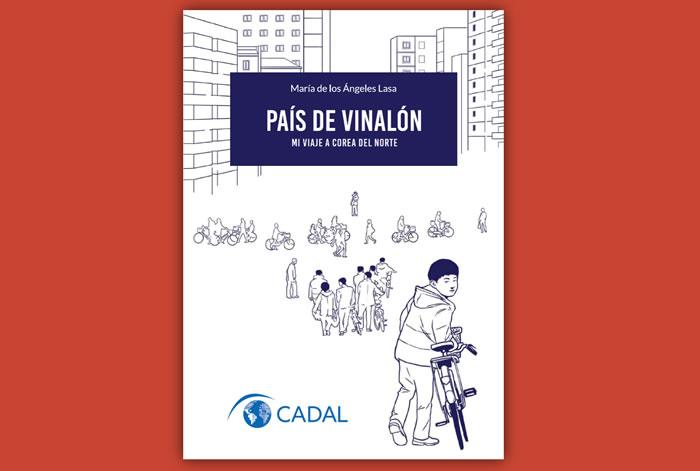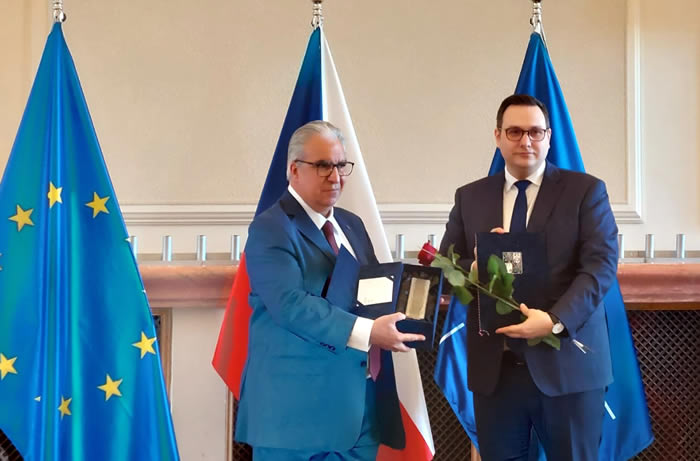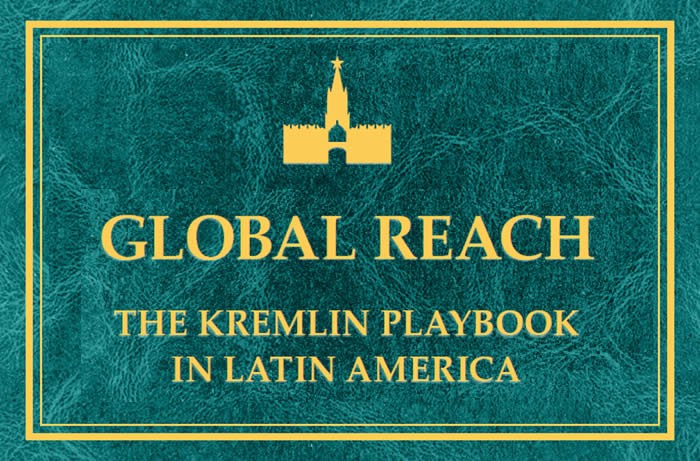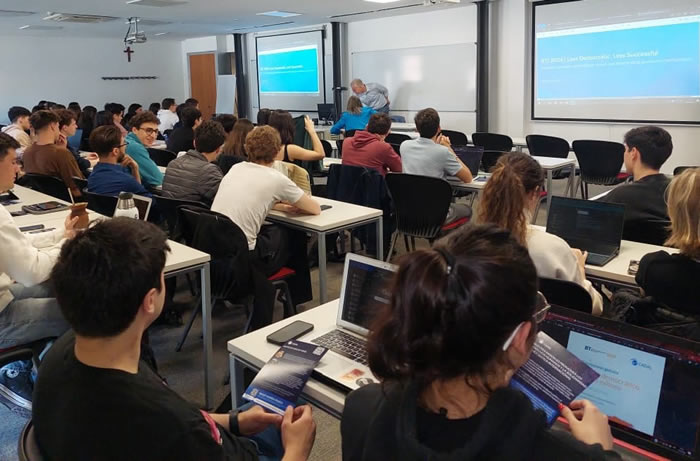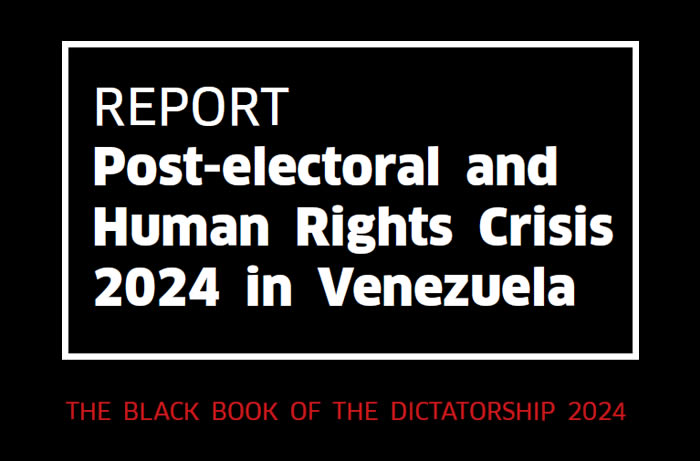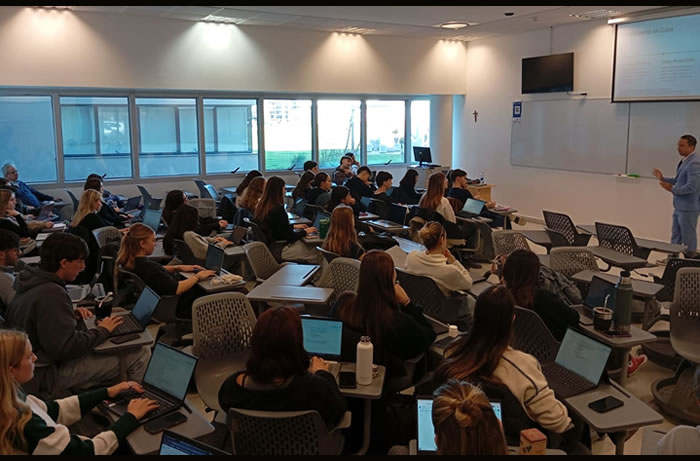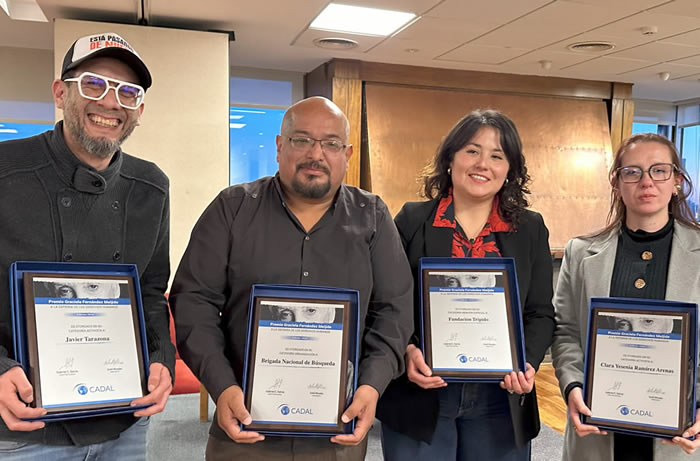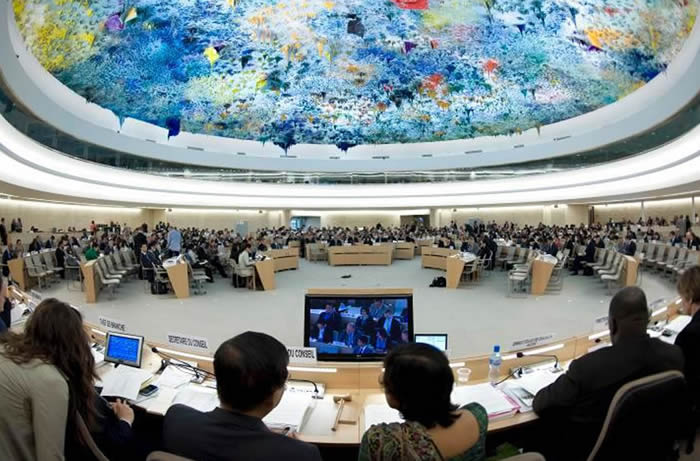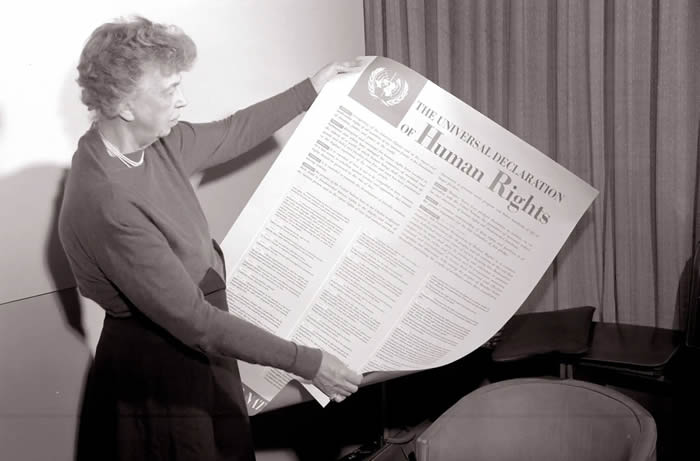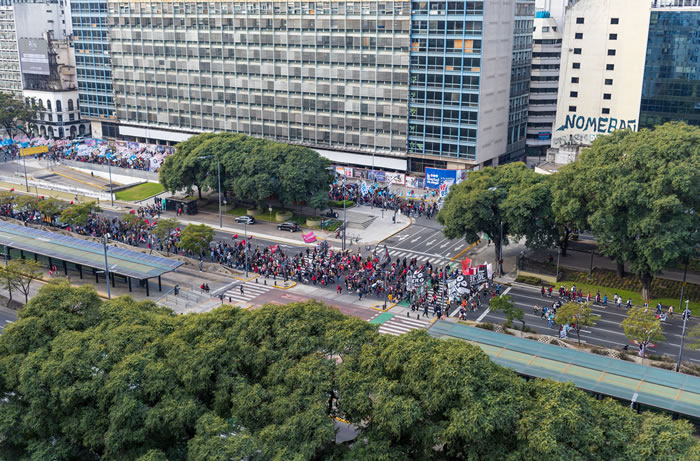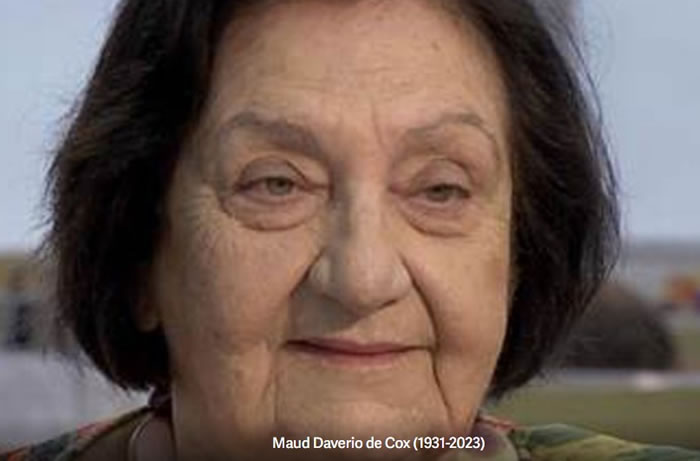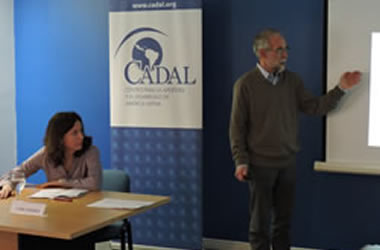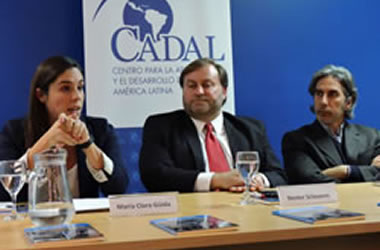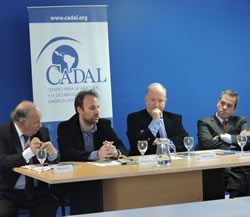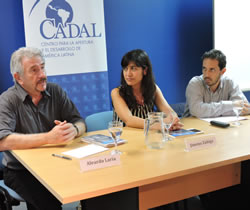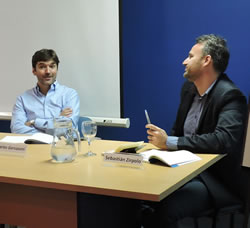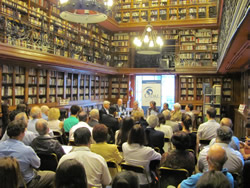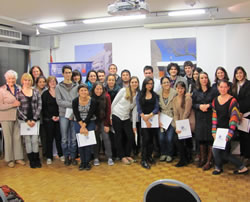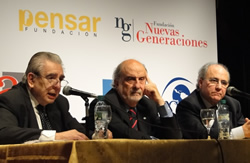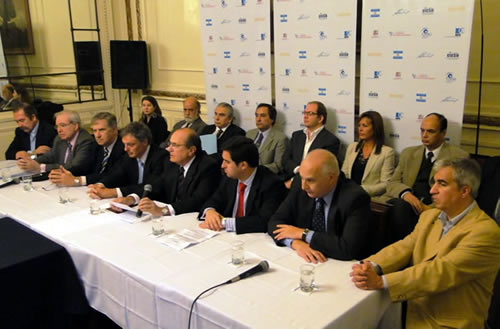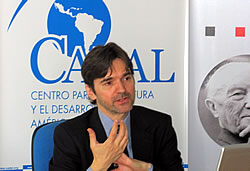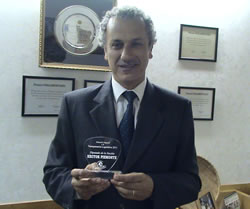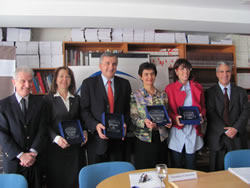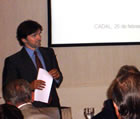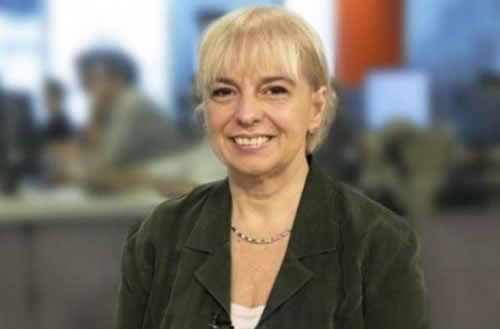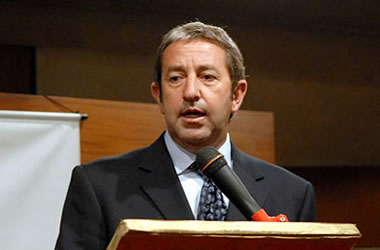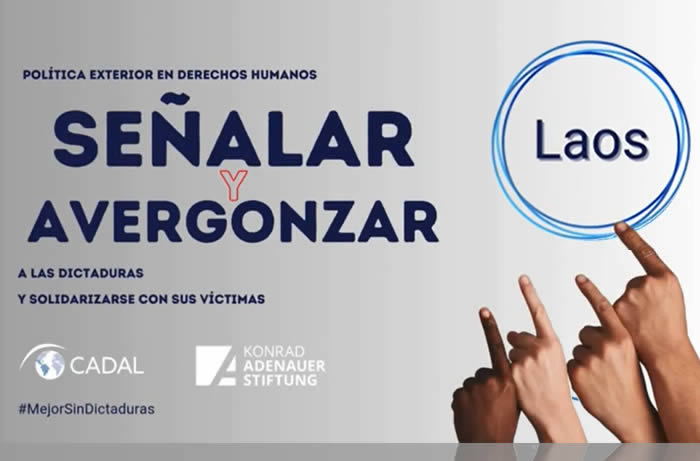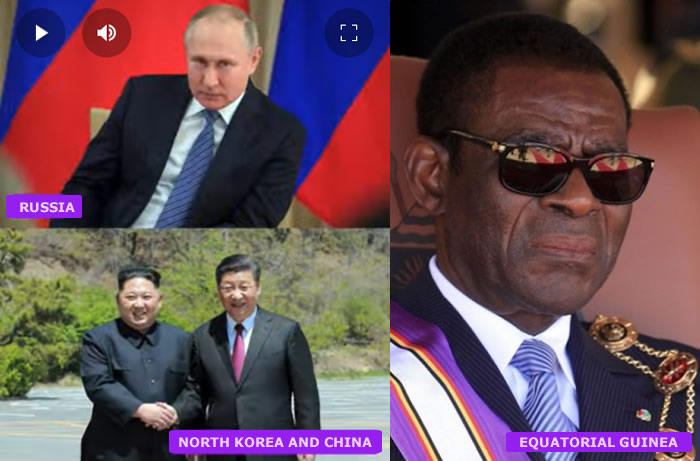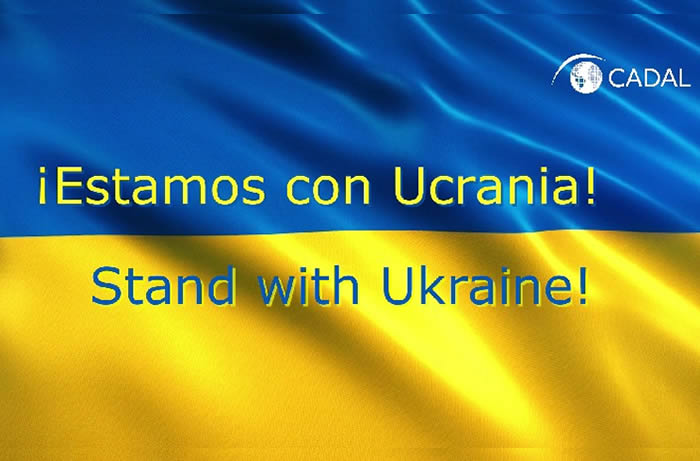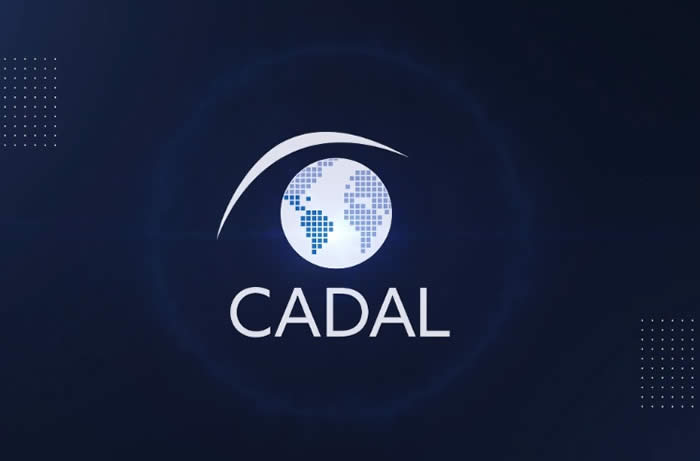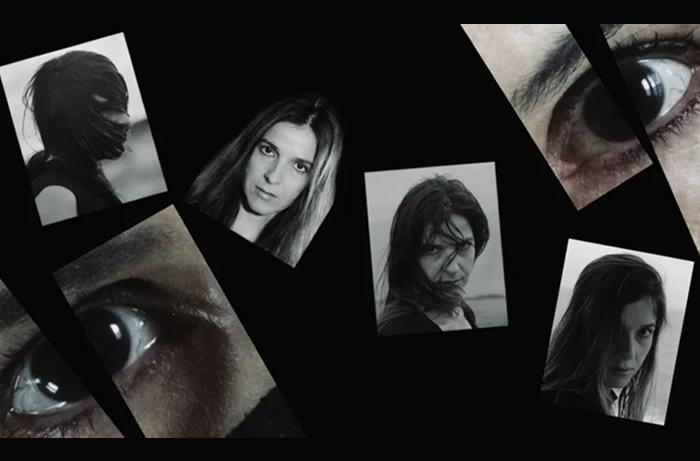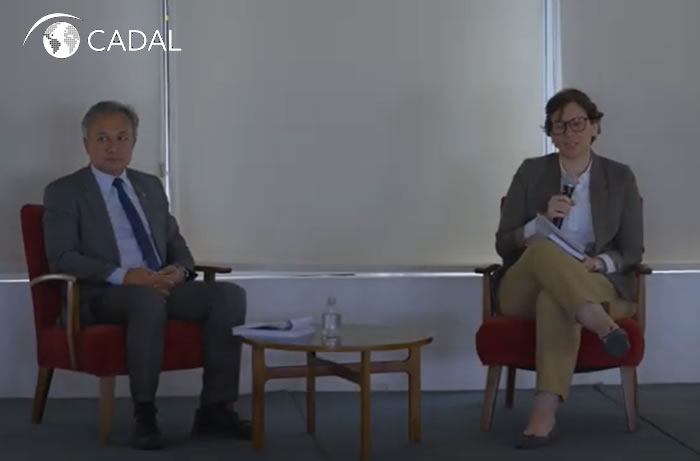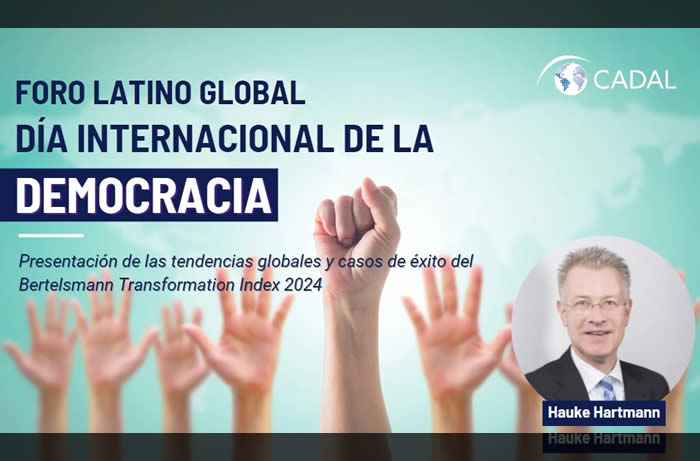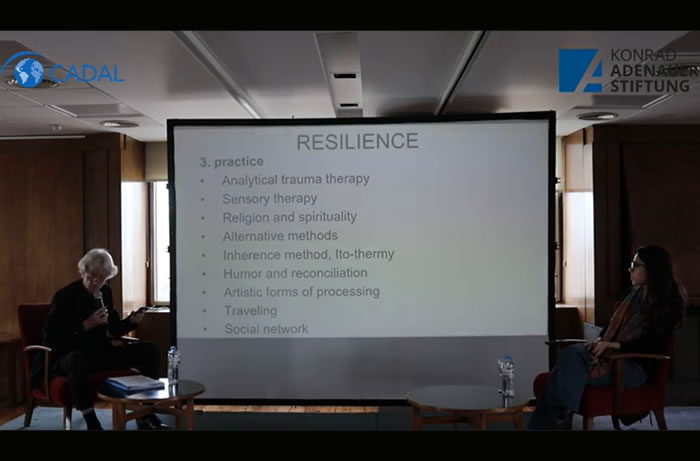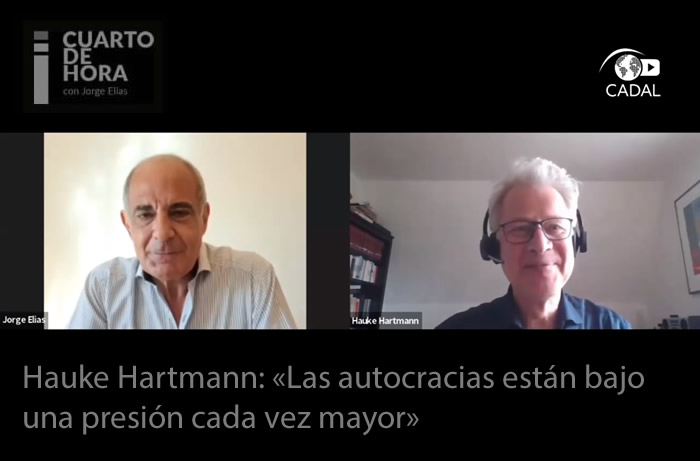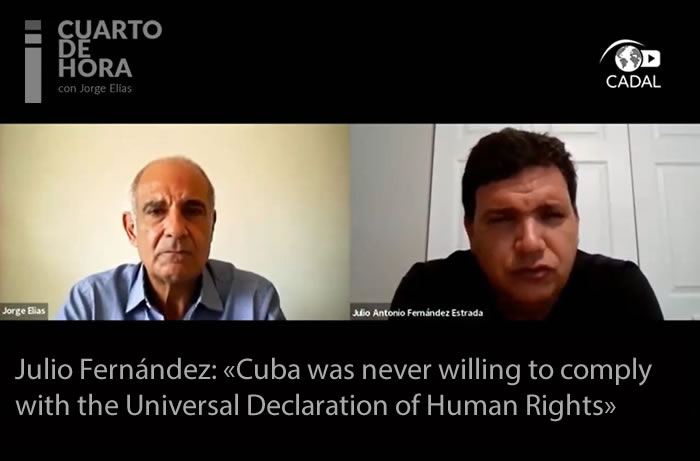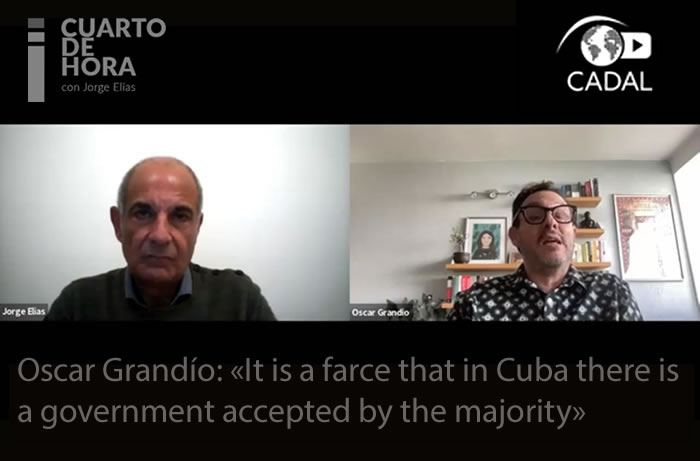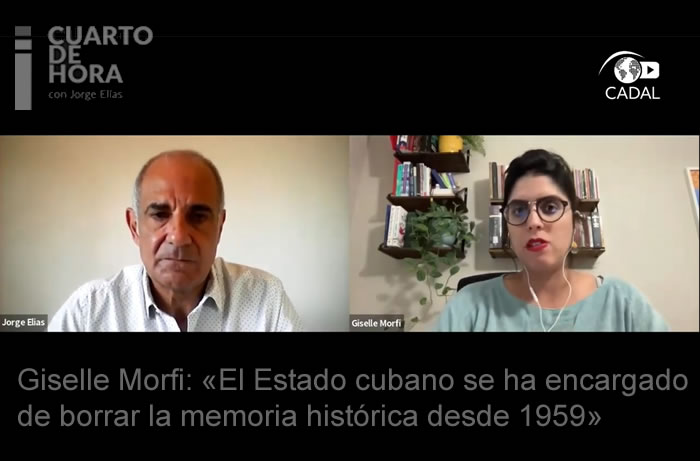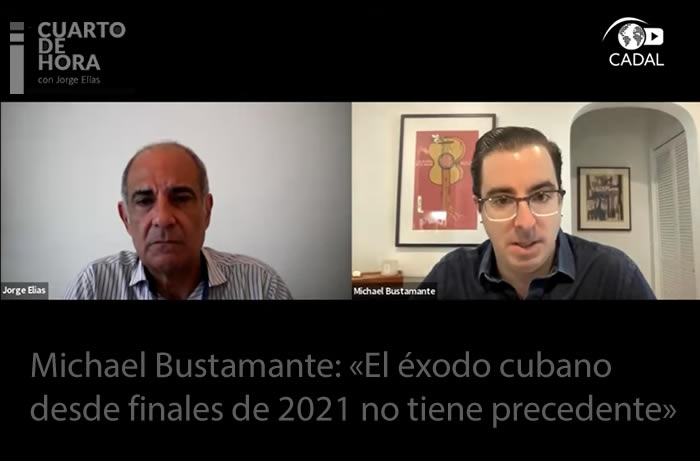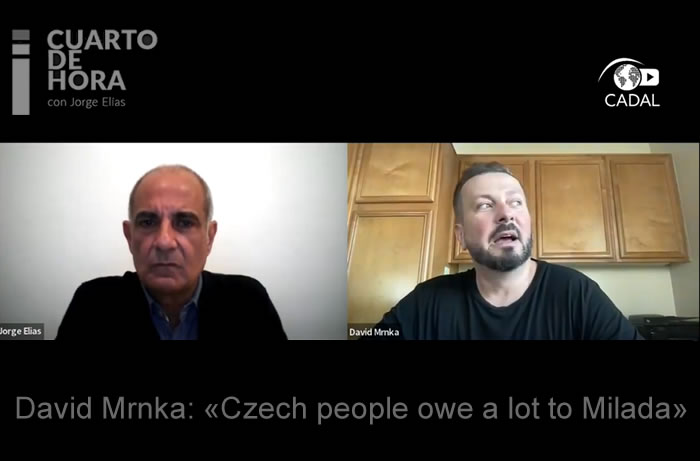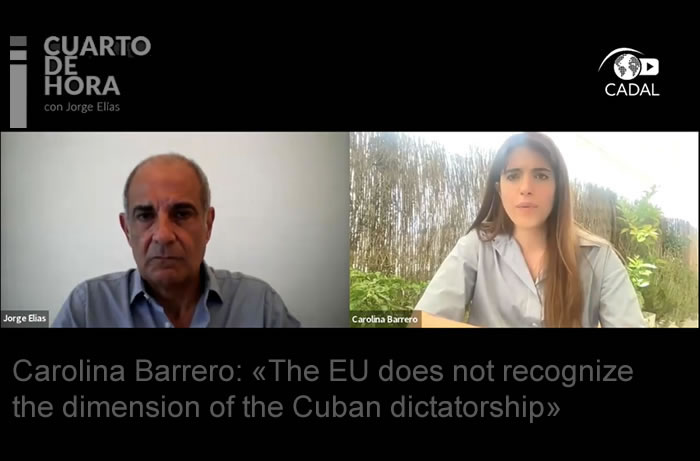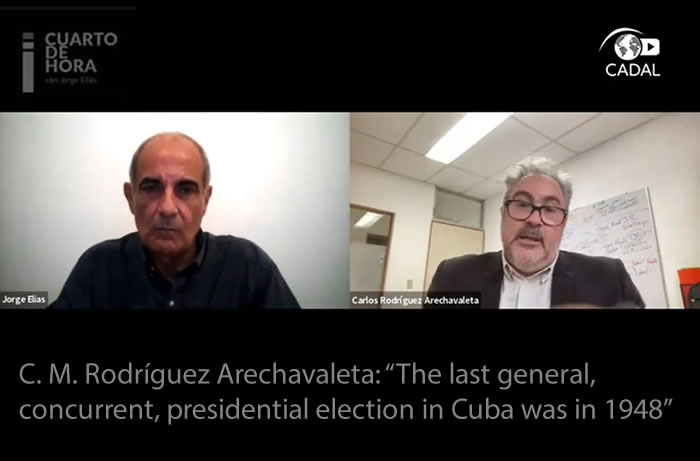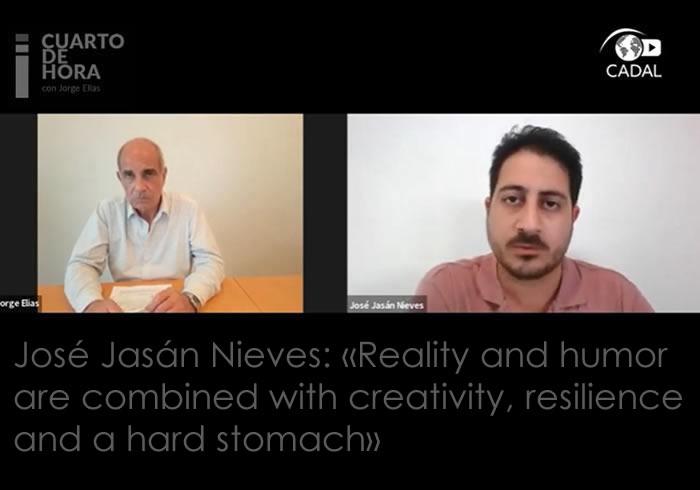Statements
Defense and promotion of democratic institutions in Argentina
Participation in the Civil Society Consultation organized by the EU
For the European Union, civil society is a key player, especially when it comes to issues that directly affect their existence, well-being, and development, which is the case with human rights. Therefore, the EU always organizes a meeting with civil society representatives prior to the official reunion with government representatives. Especially civil society organizations dedicated to the defense of human rights, which (due to Argentina’s strong commitment to human rights) are many, join these meetings. The main objective of this reunion is to listen to civil society and to take note of their concerns, criticisms, demands, and proposals in the field of human rights, in order to resort to their perspective later on, during the subsequent dialogue with the authorities.
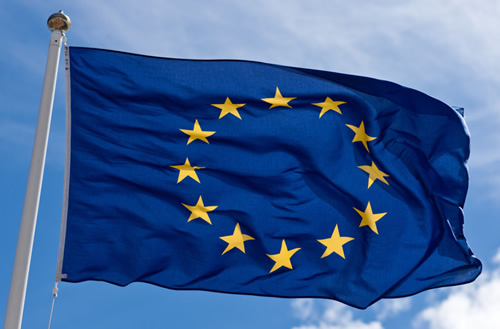
CADAL participated in a meeting convened by the Delegation of the European Union in Argentina alongside organizations like Amnesty International, Asamblea Permanente por los Derechos Humanos (APDH, Permanent Assembly for Human Rights), Centro de Estudios Legales y Sociales (CELS, Centre for Legal and Social Studies), Fundación Huésped (Guest Foundation) and Instituto de Estudios Comparados en Ciencias Penales y Sociales (INECIP, Institute for Comparative Research in Criminology and Social Sciences). The topics covered during the meeting were: 1) Gender, women's rights; 2) Impact of Covid-19; 3) Migrants and refugees; 4) Discrimination (LGBTI, children, disability); 5) Indigenous peoples; 6) Companies and human rights; and 7) Institutional violence. Brian Schapira, Director of Institutional Relations, and Cecilia Noce, Associated Researcher, represented CADAL in the online event.
In the course of the meeting, the civil society organizations were given the floor in alphabetical order to give 10-minute presentations. Afterwards, there were 40 minutes to pose questions and make comments between the participating organizations, the delegates of the EU, and the embassies of the EU Member States.
Among the main concerns raised by CADAL were: 1) The significant decline and deterioration of the institutional quality in Argentina due to the limited functioning of the National Congress and the attempt to curtail the independence of the Judiciary; 2) Threats to the freedom of expression and attacks on the press; 3) Institutional violence including forced disappearances and restrictions on the freedom of movement; 4) The erratic foreign policy in terms of a commitment to human rights; and 5) Restrictions on the freedom of artistic expression.
Regarding institutional violence, one of the seven topics covered, CADAL highlighted two forced disappearances, one in Buenos Aires Province (the Astudillo Castro case) and the other in Tucumán Province (the Espinoza case). In both cases, the bodies have already been found. As CADAL indicated, there are many Argentinian provinces where a pattern of excessive institutional violence can be observed, particularly Santiago del Estero Province and San Luis Province. Another highlighted issue concerned the closed internal borders of several provinces and towns across the country. To give an example of the latter, CADAL drew special attention to the case of dozens of people stranded in the middle of winter on the road close to the border of the provinces Chaco and Formosa as they were prevented from returning to their home province (Formosa).
In the context of CADAL’s cooperation with the Danish NGO Freemuse, CADAL also pointed out the criminalization of artistic expression, such as the administrative control of cultural institutions; the attempt of the National Institute of Film and Audiovisual Arts (INCAA) to prevent the participation of independent filmmakers in the Mar del Plata Film Festival through a restrictive clause that demanded some previous financing by INCAA; and the censorship caused by restrictions on the import of books.
Human Rights are one of the permanent topics on the European Union's foreign policy agenda, which is raised in both bilateral and multilateral relations. Regarding bilateral relations, the EU conducts an annual bilateral dialogue with the government authorities dealing with human rights issues. In the case of Argentina, they met with the Ministry of Foreign Affairs’ Human Rights Directorate, the Human Rights Secretariat (Ministry of Justice), and other bodies. The dialogue takes place between the Head of the EU Delegation, representatives of the Embassies of the EU Member States participating in the meeting, and the corresponding authorities of the Foreign Ministry as well as representatives of other government bodies that take on human rights issues.

CADAL participated in a meeting convened by the Delegation of the European Union in Argentina alongside organizations like Amnesty International, Asamblea Permanente por los Derechos Humanos (APDH, Permanent Assembly for Human Rights), Centro de Estudios Legales y Sociales (CELS, Centre for Legal and Social Studies), Fundación Huésped (Guest Foundation) and Instituto de Estudios Comparados en Ciencias Penales y Sociales (INECIP, Institute for Comparative Research in Criminology and Social Sciences). The topics covered during the meeting were: 1) Gender, women's rights; 2) Impact of Covid-19; 3) Migrants and refugees; 4) Discrimination (LGBTI, children, disability); 5) Indigenous peoples; 6) Companies and human rights; and 7) Institutional violence. Brian Schapira, Director of Institutional Relations, and Cecilia Noce, Associated Researcher, represented CADAL in the online event.
In the course of the meeting, the civil society organizations were given the floor in alphabetical order to give 10-minute presentations. Afterwards, there were 40 minutes to pose questions and make comments between the participating organizations, the delegates of the EU, and the embassies of the EU Member States.
Among the main concerns raised by CADAL were: 1) The significant decline and deterioration of the institutional quality in Argentina due to the limited functioning of the National Congress and the attempt to curtail the independence of the Judiciary; 2) Threats to the freedom of expression and attacks on the press; 3) Institutional violence including forced disappearances and restrictions on the freedom of movement; 4) The erratic foreign policy in terms of a commitment to human rights; and 5) Restrictions on the freedom of artistic expression.
Regarding institutional violence, one of the seven topics covered, CADAL highlighted two forced disappearances, one in Buenos Aires Province (the Astudillo Castro case) and the other in Tucumán Province (the Espinoza case). In both cases, the bodies have already been found. As CADAL indicated, there are many Argentinian provinces where a pattern of excessive institutional violence can be observed, particularly Santiago del Estero Province and San Luis Province. Another highlighted issue concerned the closed internal borders of several provinces and towns across the country. To give an example of the latter, CADAL drew special attention to the case of dozens of people stranded in the middle of winter on the road close to the border of the provinces Chaco and Formosa as they were prevented from returning to their home province (Formosa).
In the context of CADAL’s cooperation with the Danish NGO Freemuse, CADAL also pointed out the criminalization of artistic expression, such as the administrative control of cultural institutions; the attempt of the National Institute of Film and Audiovisual Arts (INCAA) to prevent the participation of independent filmmakers in the Mar del Plata Film Festival through a restrictive clause that demanded some previous financing by INCAA; and the censorship caused by restrictions on the import of books.
Human Rights are one of the permanent topics on the European Union's foreign policy agenda, which is raised in both bilateral and multilateral relations. Regarding bilateral relations, the EU conducts an annual bilateral dialogue with the government authorities dealing with human rights issues. In the case of Argentina, they met with the Ministry of Foreign Affairs’ Human Rights Directorate, the Human Rights Secretariat (Ministry of Justice), and other bodies. The dialogue takes place between the Head of the EU Delegation, representatives of the Embassies of the EU Member States participating in the meeting, and the corresponding authorities of the Foreign Ministry as well as representatives of other government bodies that take on human rights issues.



 Leer esta nota en Español
Leer esta nota en Español